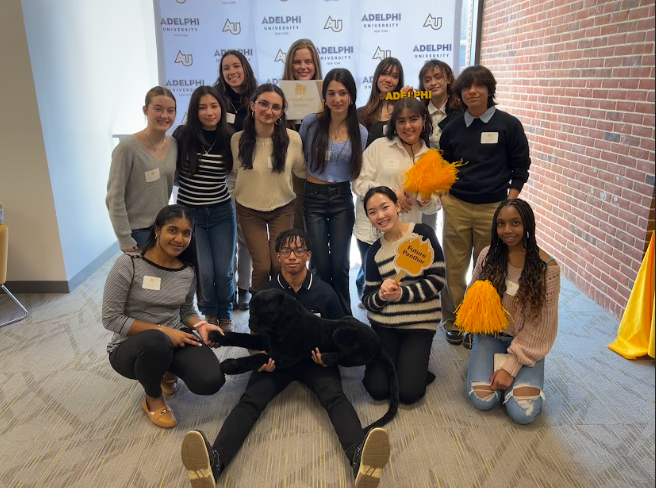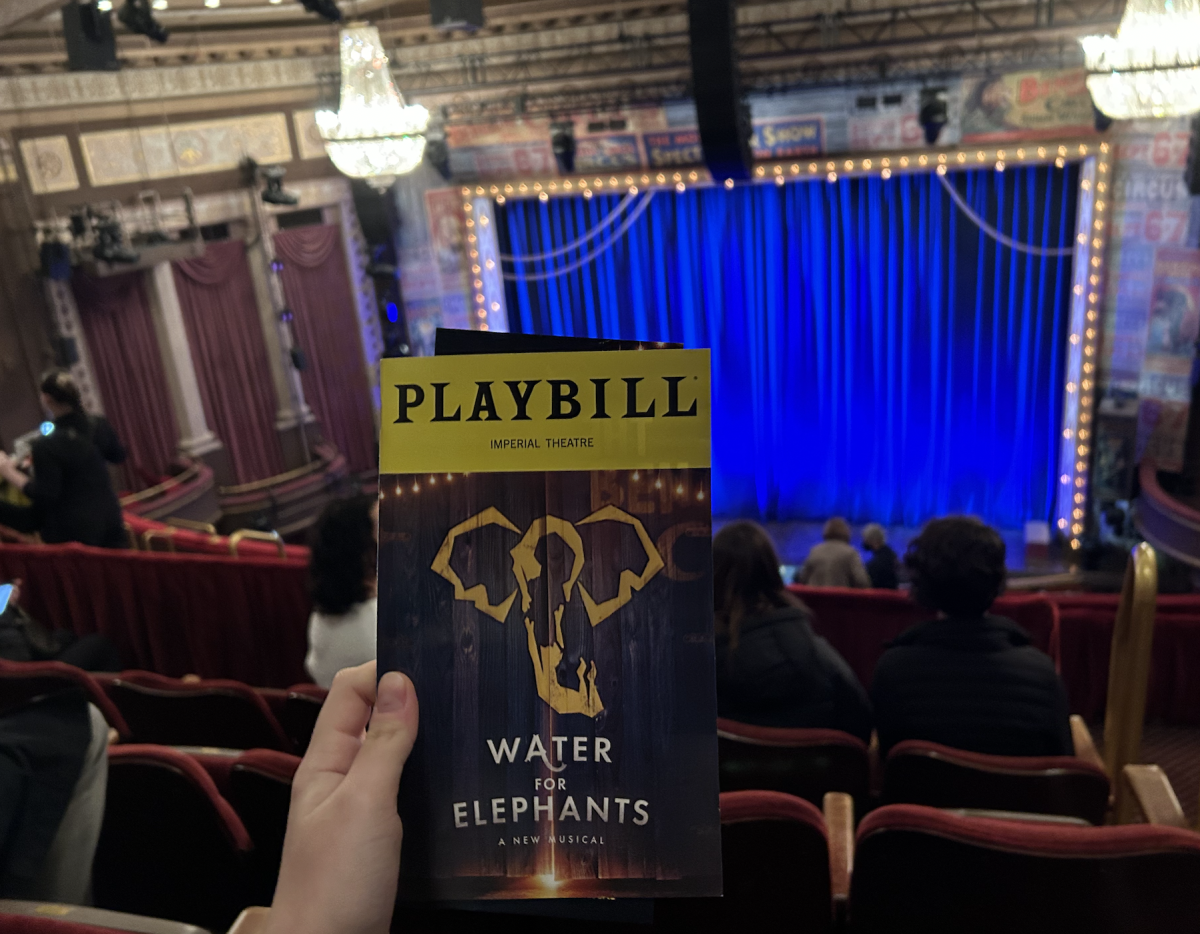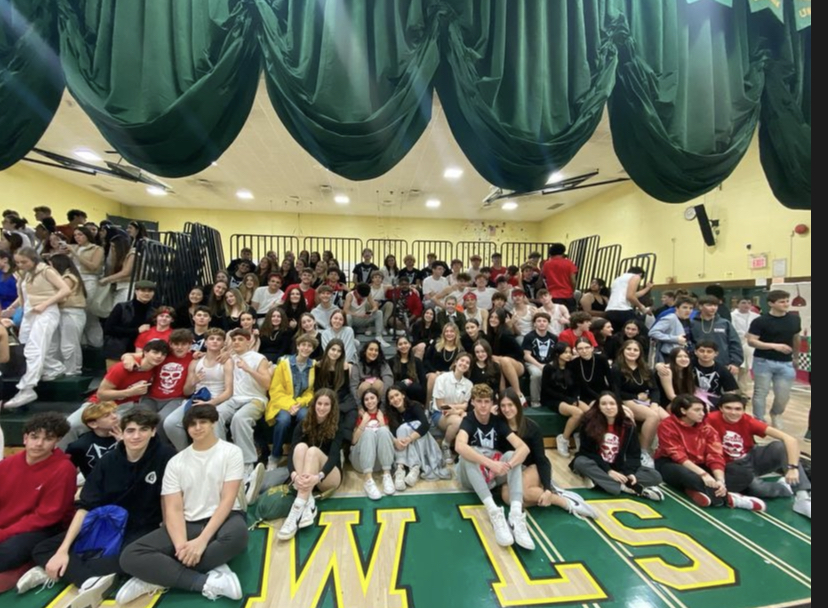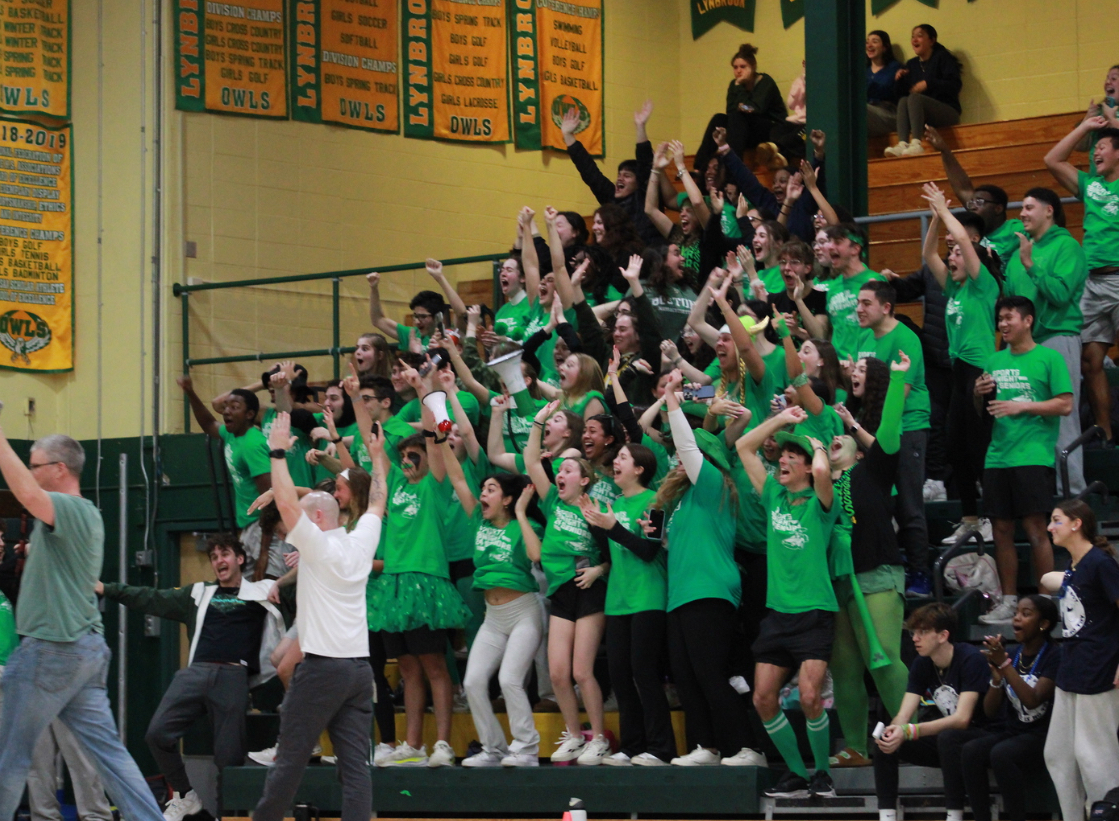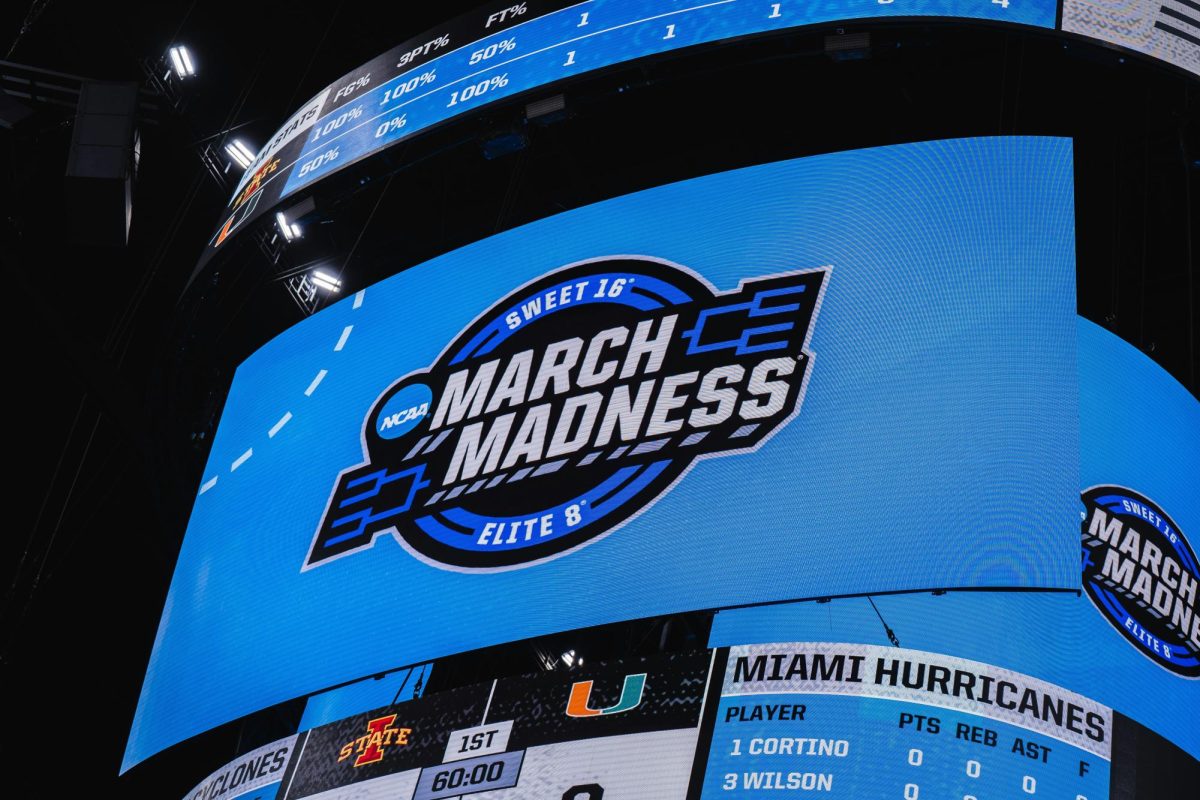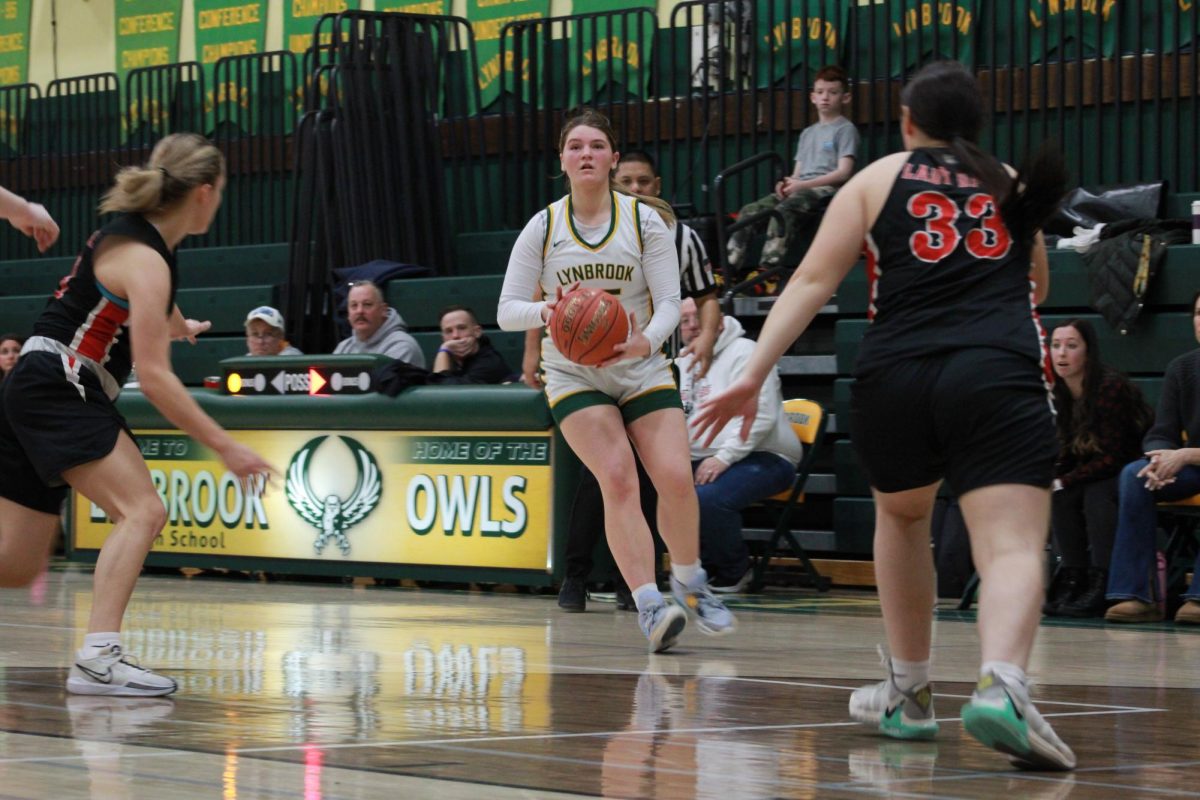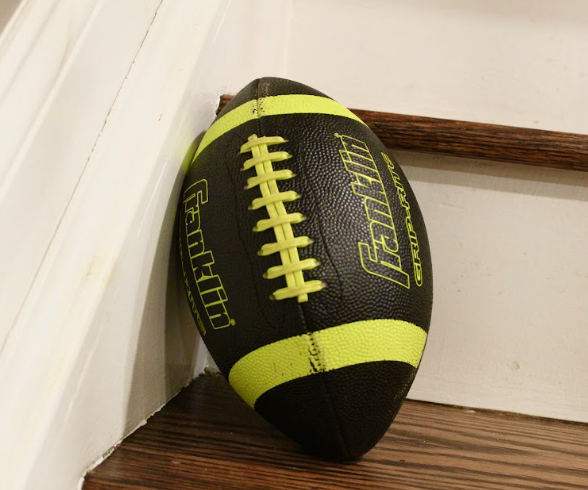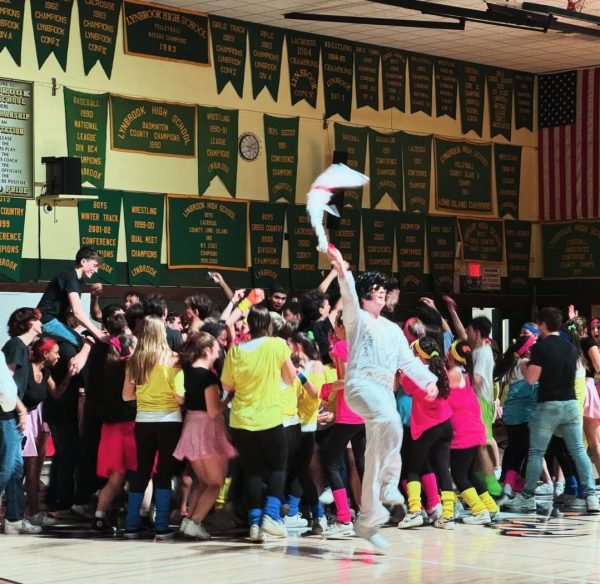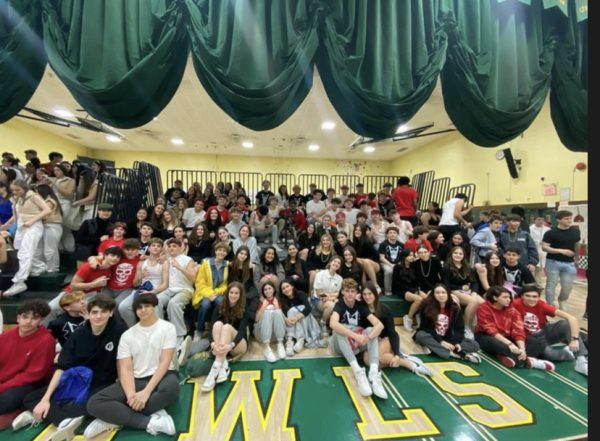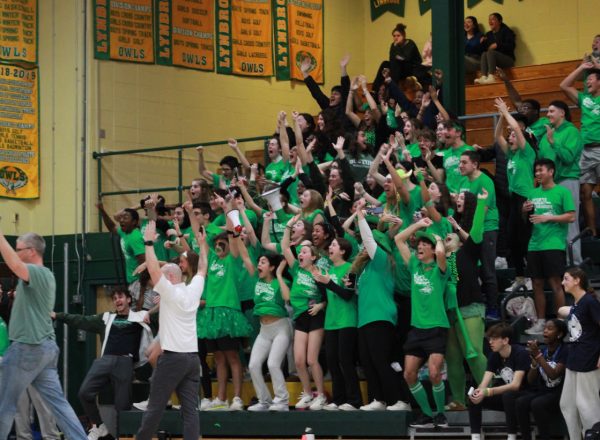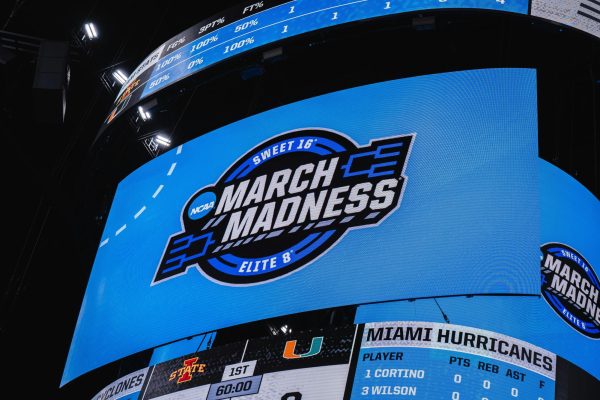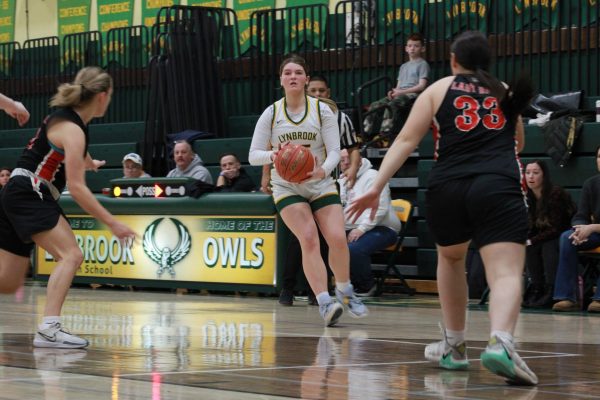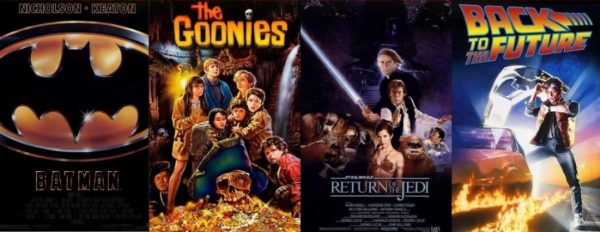The Ongoing Saga of Kaepernick
Colin Kaepernick began his professional football career as a backup quarterback to Alex Smith, and became the 49ers’ starter in the middle of the 2012 season after Smith suffered a concussion. He then remained the team’s starting quarterback for the rest of the season, leading the team to its first Super Bowl appearance since 1994. During the 2013 season, his first full season as a starter, Kaepernick helped the 49ers reach the NFC Championship Game. After that, however, Kaepernick lost and won his starting position again and again. What seemed to get him removed from the team as a final straw was his starting of the movement of sitting, or kneeling, during the National Anthem at the beginning of games. “I am not going to stand up to show pride in a flag for a country that oppresses black people and people of color,” Kaepernick told NFL Media reporter Steve Wyche in an interview after the game.
Many celebrities and fellow players have supported him, including Golden State Warriors’ star Stephen Curry, who “applauds” the quarterback and hopes that his actions will “drive the conversation to bettering the equal rights and treatment of African Americans and people of color.” Singers including John Legend, J. Cole, Chris Brown, and Trey Songz also support Kaepernick in his movement.
Kaepernick has not yet been signed to an NFL team, likely because of two reasons, the first being the aforementioned kneeling, and the second being his faltering quarterback skills.
Although Kaepernick is unifying other players for a cause, he is also dividing the NFL fan base. Many NFL teams do not want a player who will give their franchise a bad reputation or future backlash. For example, the Miami Dolphins considered signing him, but changed their minds after remembering Kaepernick’s stint of wearing a Fidel Castro shirt and later praising his focus on education in Cuba, which Miami fans, many of Cuban descent, saw as a praise of the man who led to their families leaving Cuba in the first place. It also did not help that Kaepernick offended Dolphin’s starting Linebacker Kiko Alonso, who is of Cuban descent. This bad blood eventually led to Alonso’s controversial hit, and further comments of that hit, on Kaepernick in the following game.
Many general managers question if he will ever get a job in the NFL again. The second reason is his diminished quarterback skills. While with San Francisco, he lost his starting position to the backup quarterback, Blaine Gabbert. In 2012, Kaepernick played 13 games, had 218 passing attempts, 136 completions, and had a passing percentage of 62.4%. In 2016, he played 12 games, had 331 passing attempts, 196 completions, and had a passing percentage of 59.2%, while his passing abilities had decreased by 3.2%. If there is any decrease in passing statistics for a quarterback, it is never good, as a quarterback who struggles to throw efficiently will not hold his job for long.
Kaepernick may not have left much of an impression on the 49ers, but he certainly left one on the league. Although not on a team, Kaepernick’s message carried across the NFL as multiple teams and many players started to kneel for the national anthem. This sparked controversy, and the involvement of President Donald Trump has given it national attention with the league now split on what to do with players that kneel for the national anthem. Some team owners, such as the Cowboys’ Jerry Jones, threatened to fire any player or staff member who kneeled for the anthem. Jones eventually decided to tell the player to walk out with him, kneel quickly before the anthem, but dare not to do anything but stand during the anthem. On the other hand, Jaguars owner Shad Khan decided to let the players choose what they wanted to do. Ultimately, Shad Khan and his team went out and linked arms for the national anthem, setting the bar for the rest of Sunday Football.



